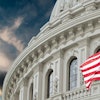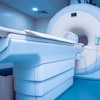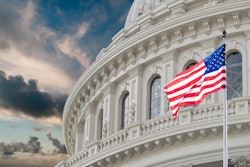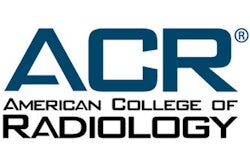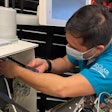The American College of Radiology (ACR) is supporting legislation that would fine health insurance companies for failing to pay physicians within 30 days of losing in an independent dispute resolution process laid out in the No Surprises Act (NSA).
Along with the American College of Emergency Physicians (ACEP) and the American Society of Anesthesiologists (ASA), the ACR lauded the bipartisan HR 9572, which was introduced by U.S. House Reps. Greg Murphy, MD (R-NC); Raul Ruiz, MD (D-CA); John Joyce, MD (R-PA); Kim Schrier, MD (R-WA), and Jimmy Panetta (D-CA). The bill would further enforce 2020's NSA, which established protections for patients from out-of-network "surprise" medical bills and founded a protocol for an independent dispute resolution process between insurers and providers and/or patients.
"The NSA requires insurers to promptly pay physicians," the ACEP said in a statement it issued September 13. "If a physician or a practice considers the payment offered by the insurer to be inadequate, they can challenge the payment by using the NSA's independent dispute resolution (IDR) process. If the independent arbiter rules in favor of the physician, by law the insurer must pay the physician the award amount within 30 days. Reports of insurers failing to pay these arbitration awards in a timely manner are commonplace."
This follow-up legislation is vital for holding insurers responsible for the NSA mandate, Alan Matsumoto, MD, said in the ACEP statement. Matsumoto is chair of the ACR's board of chancellors.
"There is a real need for accountability after disputes are resolved under the No Surprises Act, because right now insurance companies are often just not paying," he said. "This situation may leave clinicians in financial peril, which in turn threatens the access to care for patients that the No Surprises Act was supposed to protect. The ACR supports this legislation and its sponsors' continued work to protect the principles of the No Surprises Act."

